We like to think of our homes as safe, comfortable places. However, a recent study shows that one extremely common household appliance is literally killing people.
Researchers at Stanford University found that this appliance leads to more than 19,000 premature deaths in America every year. You may very well have it in your home, and if you should, it’s time to remove it.
Gas Stoves Are Causing Thousands of Premature Deaths
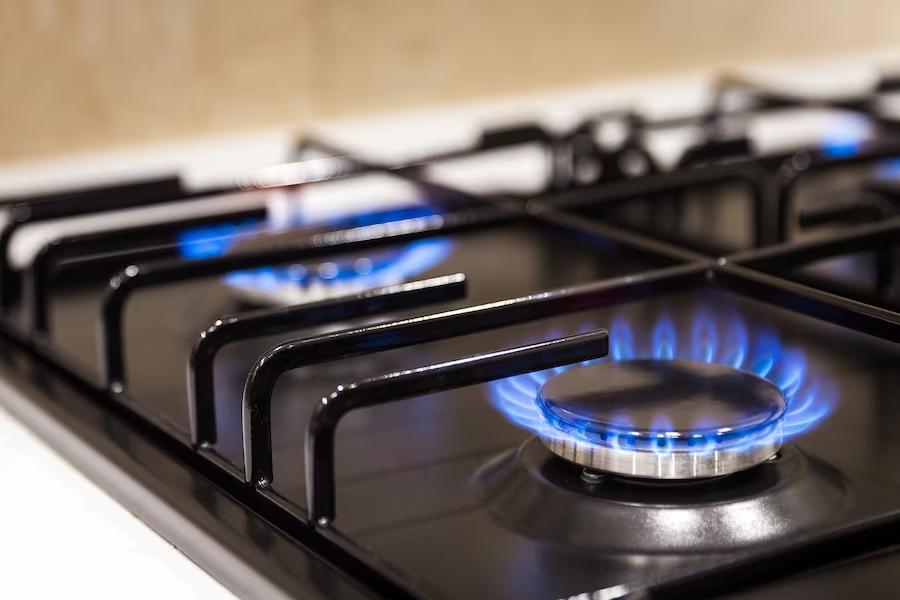
The study conducted by researchers at Stanford University found that gas stoves are responsible for at least 19,000 premature deaths every year in the US alone.
Gas stoves, unlike electric stoves, are fueled by combustible gas, such as butane, propane, or natural gas. Even when working properly, these stoves release toxic fumes into the house.
Gas Stoves Cause Nitrogen Dioxide Pollution
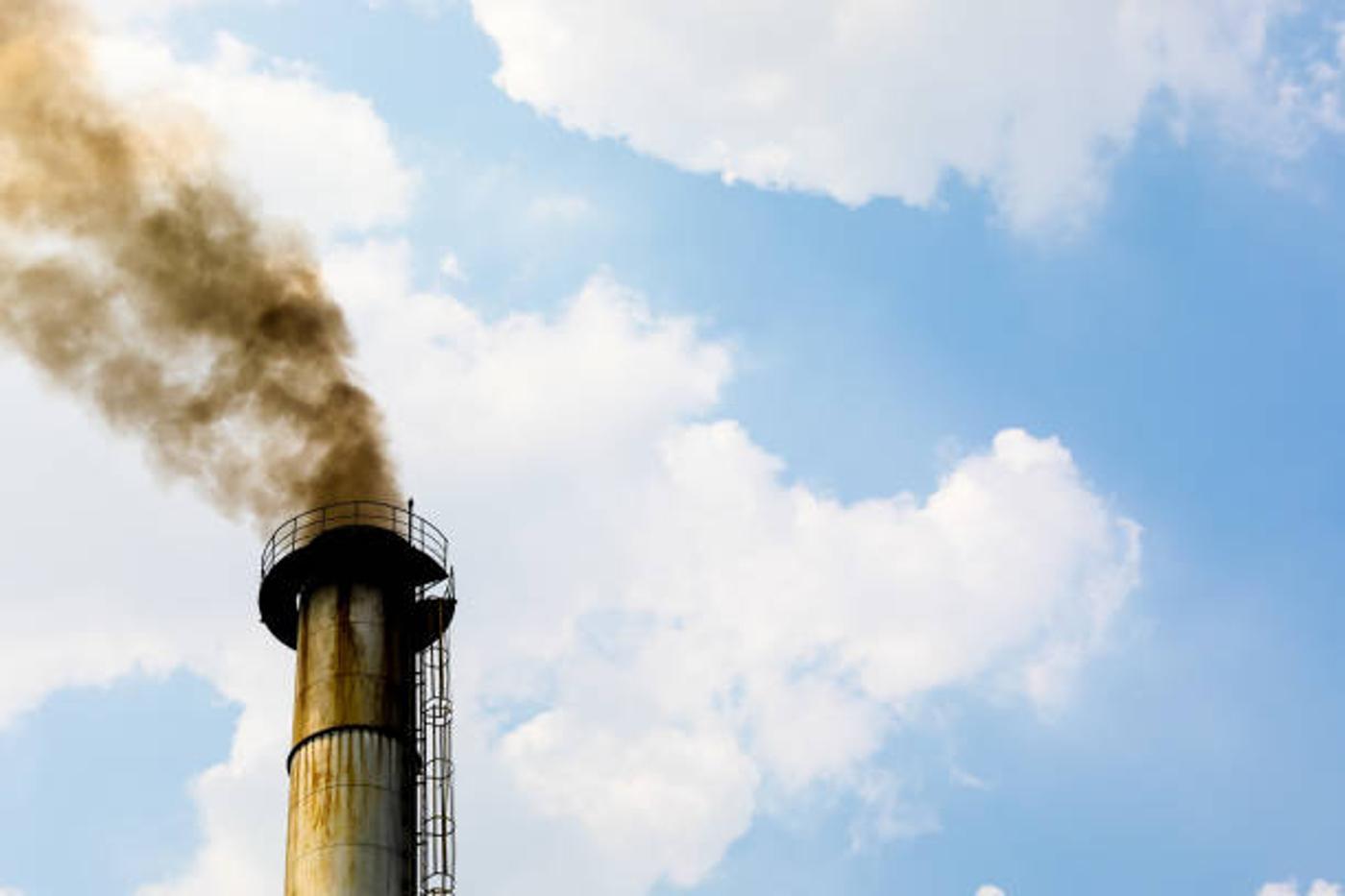
Nitrogen dioxide, or NO2, is a chemical compound released when gas, diesel, oil, or coal are burned at high temperatures. Therefore, every kind of gas stove releases nitrogen dioxide pollution.
While excessive NO2 in the air is certainly dangerous, having this chemical compound in the confines of the home is exceptionally hazardous.
Gas Stoves Increase Long-Term Exposure by 75%

According to the World Health Organization, clean air is absolutely fundamental to human health, and there is a maximum amount of NO2 that can be present in the air before it becomes detrimental.
The Stanford University study reported that gas-burning stoves increase long-term exposure to NO2 pollution to 75% of the WHO’s guidelines.
People of Color Are Disproportionately Affected by NO2 Pollution

The study also uncovered that Americans of color are disproportionately affected by nitrogen dioxide pollution.
Researchers found that Black and Latino households have 20% more exposure on average, while Native Americans experience 60% more NO2 pollution than the average American.
Renters Often Get Stuck With Gas-Powered Stoves
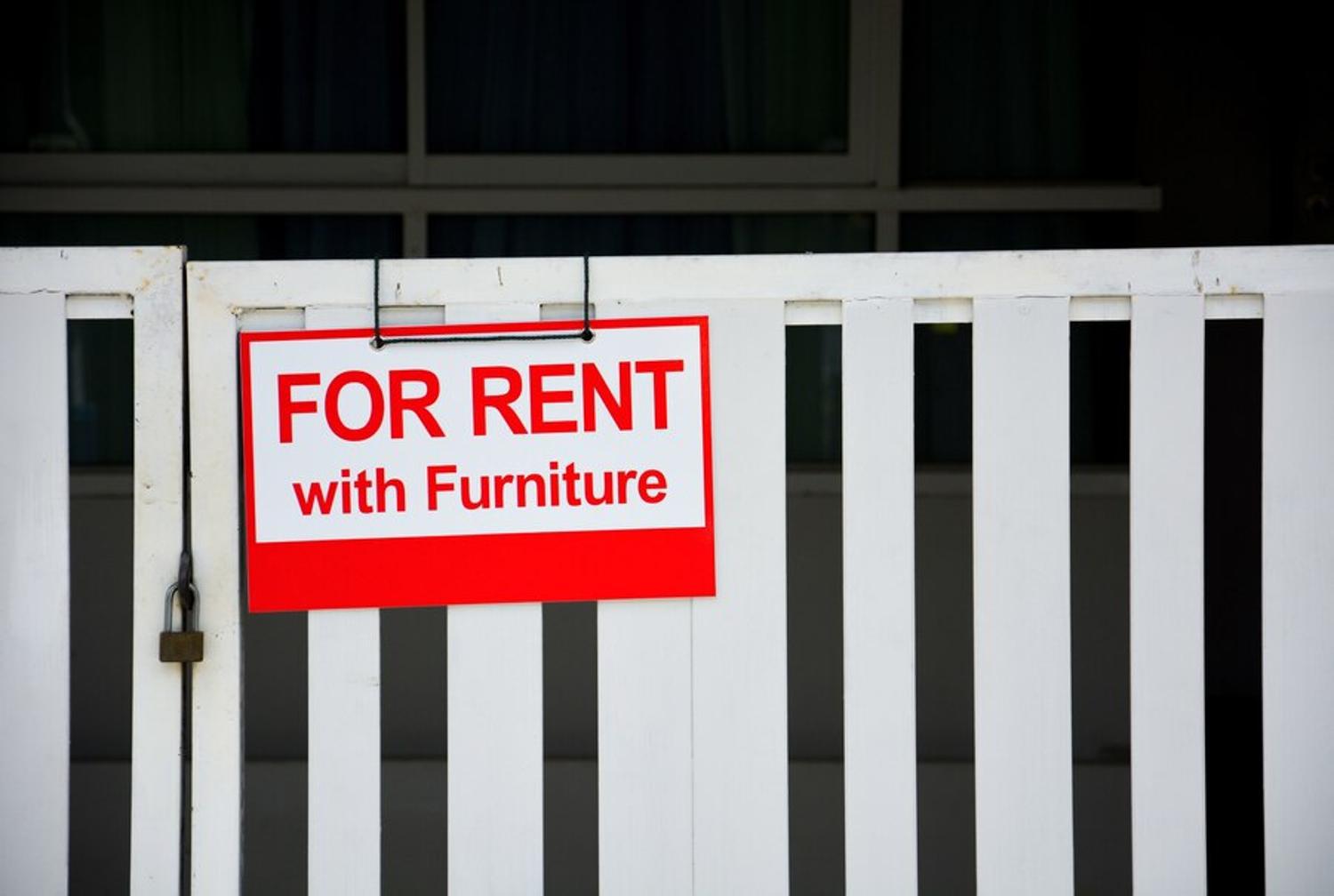
One of the reasons why people of color are more likely to be exposed to nitrogen oxide pollution from a gas stove is because of racial wealth inequality. According to the Pew Research Center, 58% of Black Americans, 52% of Latinos, and 44% of Native Americans rent their homes. In fact, 75% of all homeowners in the US are white.
And renters often have little choice as to which appliances are installed in the home. Landlords around the country make decisions with their wallets, and because gas stoves are more affordable than their electric counterparts, they are most commonly chosen for rentals.
Gas Stoves Are Especially Dangerous for Children
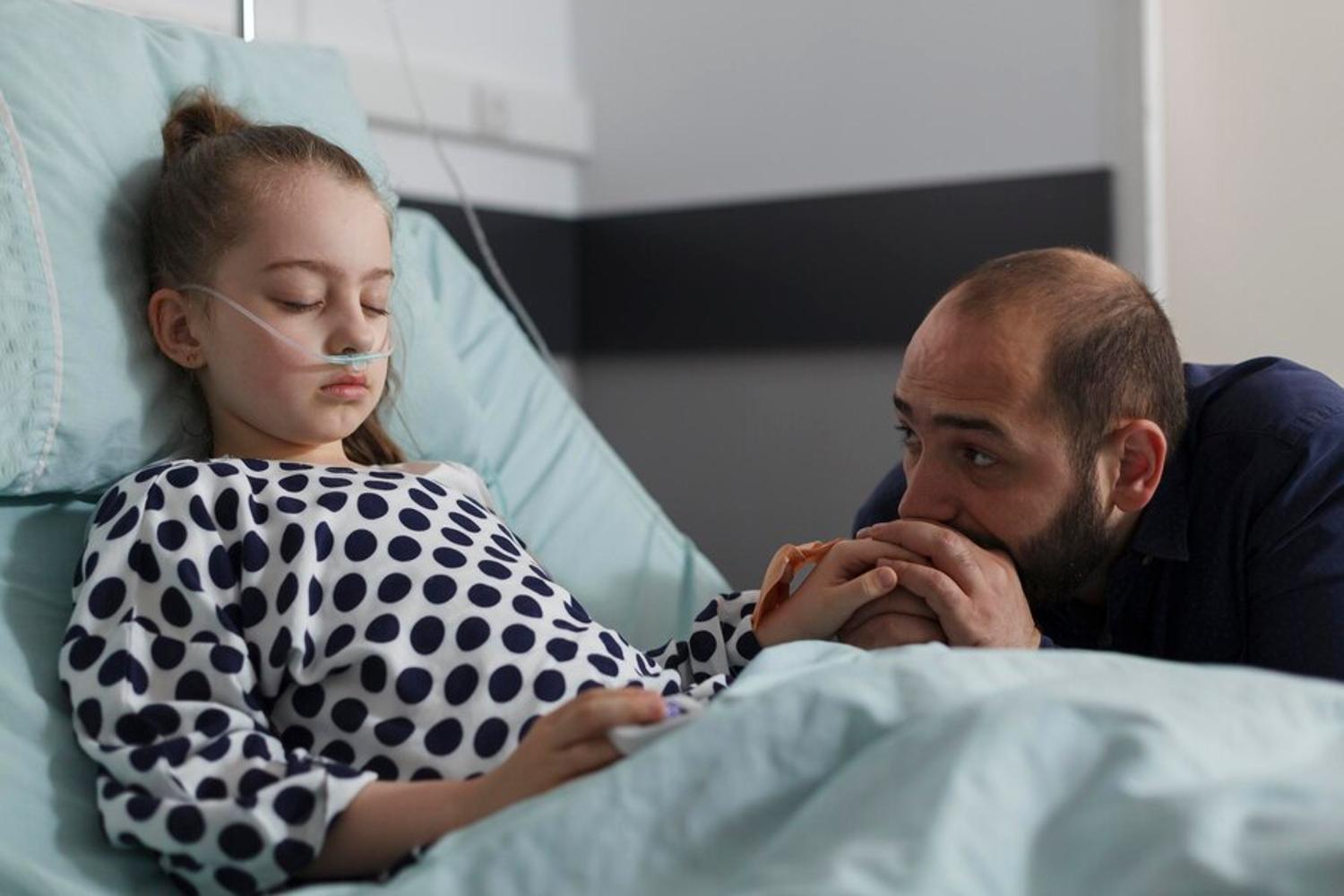
It’s also important to understand that NO2 pollution is exceptionally dangerous for children and the elderly.
Inhaling the toxic gas, even at low levels, can increase their risk of developing certain cancers, including leukemia, and exacerbate asthma symptoms and other respiratory issues.
Solutions to Reduce Indoor Air Pollution
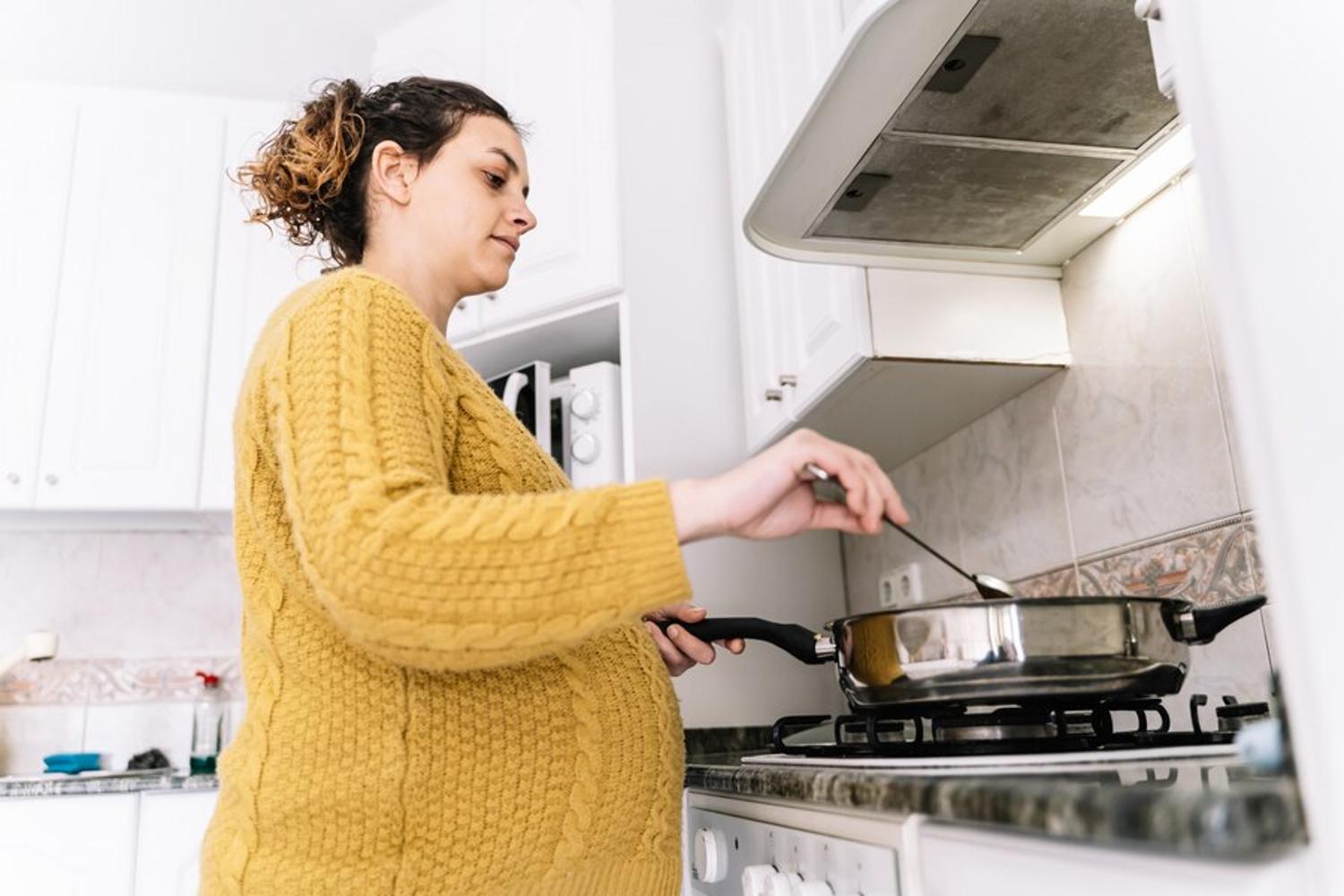
Additionally, studies show that higher levels of nitrogen oxide exposure during pregnancy are directly linked with preterm labor, an increase in NICU admissions, and low birth weight.
Kari Nadeau, who authored the Stanford University study, explained that, with this information in mind, “We should focus on solutions to reduce indoor air pollution to try to protect children, pregnant women, the elderly, adults, and public health in general.”
Governments Can and Should Make Laws to Protect People From NO2 Pollution

Encouraging homeowners and landlords to choose electric stoves over problematic gas stoves is extremely important. Many people still don’t know about this problem, and public health announcements could go a long way.
But some say that our governments should step in and ban gas stoves. New York lawmakers have already banned gas hookups in new buildings; though the law was passed to help protect the world from climate change, it will also likely save hundreds of lives.
Gas Stoves Should Come With a Warning Label
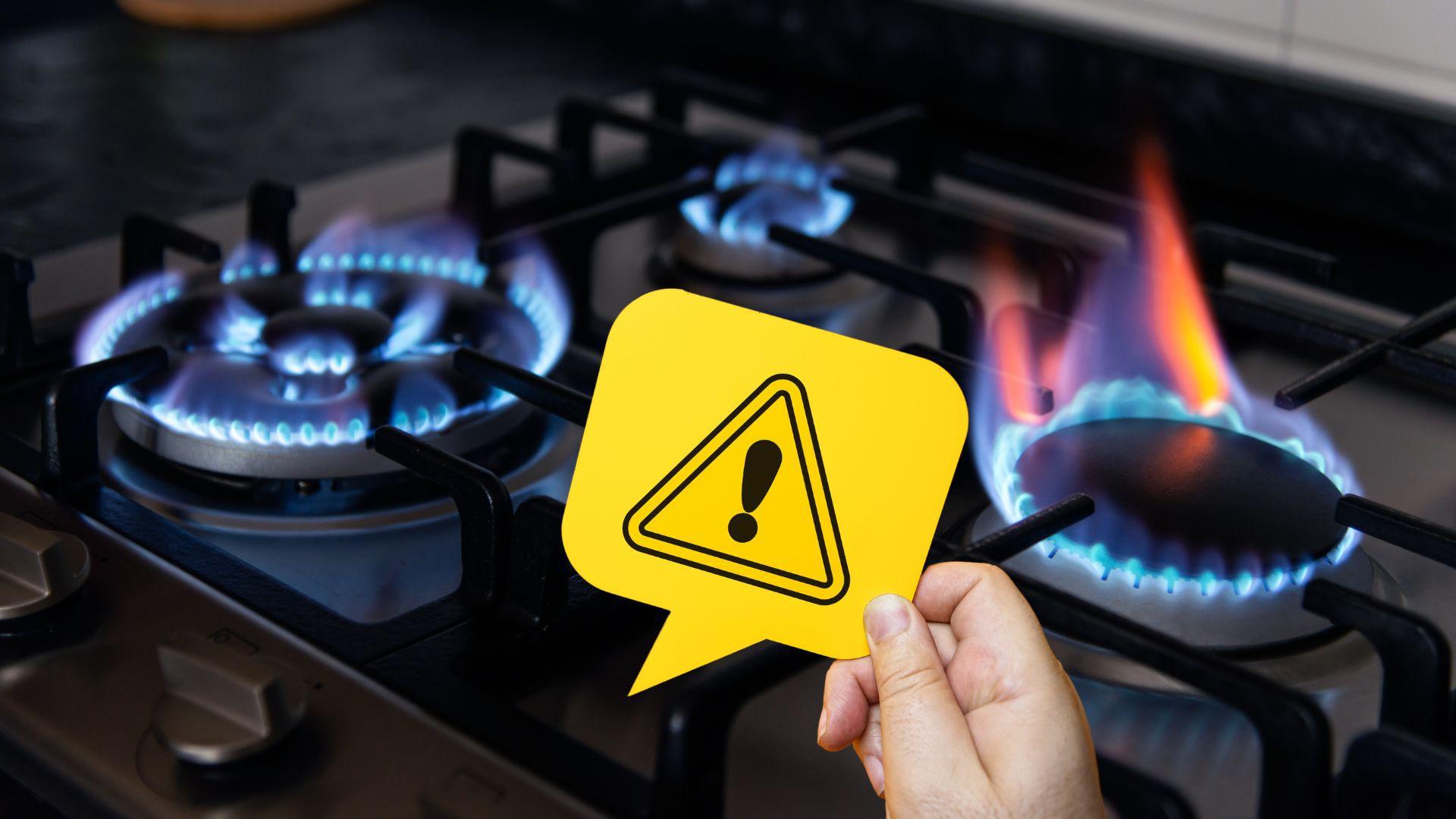
California legislators are also considering enforcing a law that requires warning labels on all gas stoves.
Many argue this would be the best possible way to not only ensure the information is available to all consumers but also deter gas stove sales throughout the country.
Have a Gas Stove? Always Keep the Hood Vent On
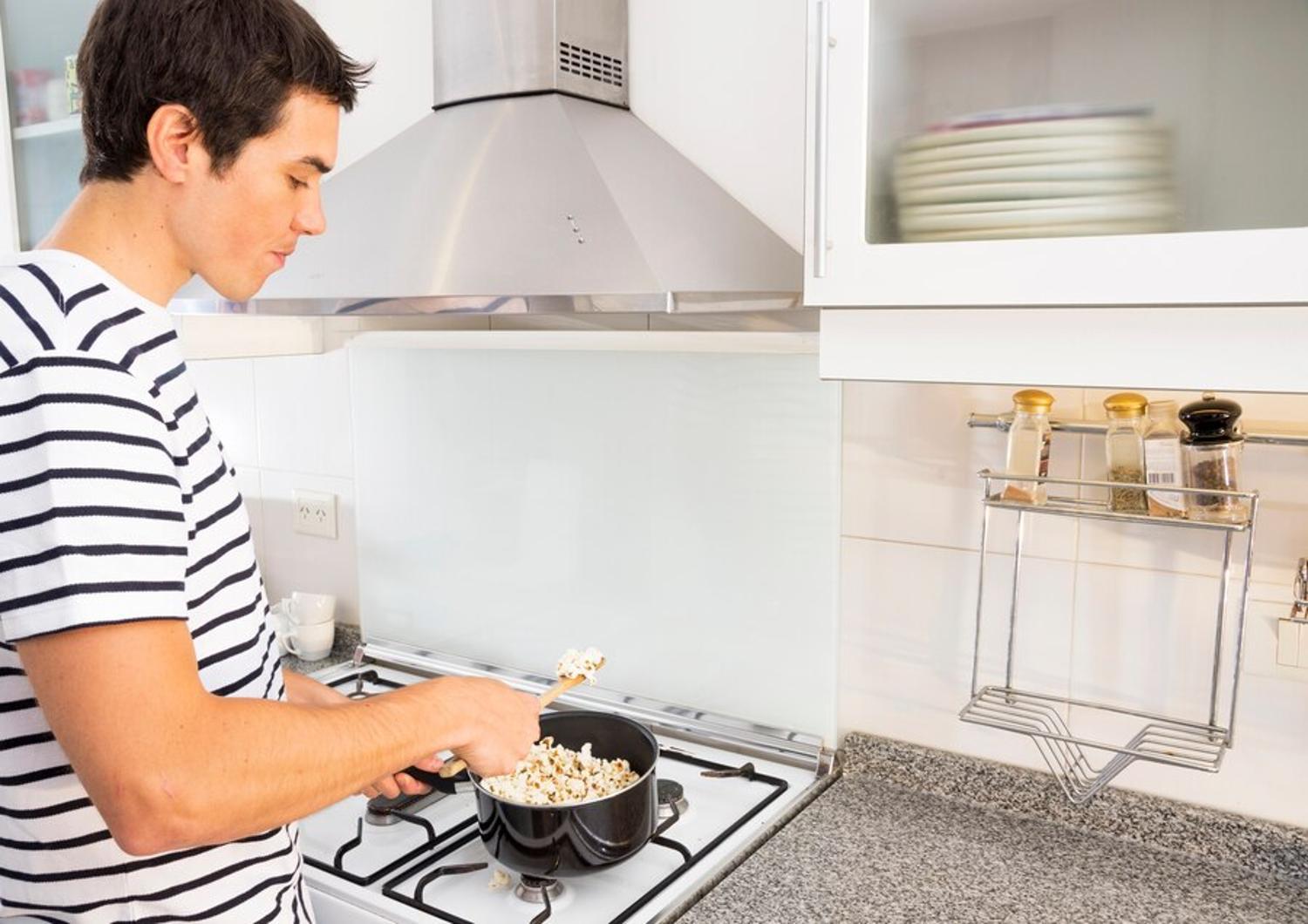
For those living with a gas stove who either can’t afford to or simply don’t have the option to switch to an electric stove, don’t worry. There are ways to protect yourself and your family from NO2 pollution.
The most important thing is to always keep your hood vent on, but you should also keep kitchen windows open while cooking.
Electric Stoves Are Safer Than Gas Stoves
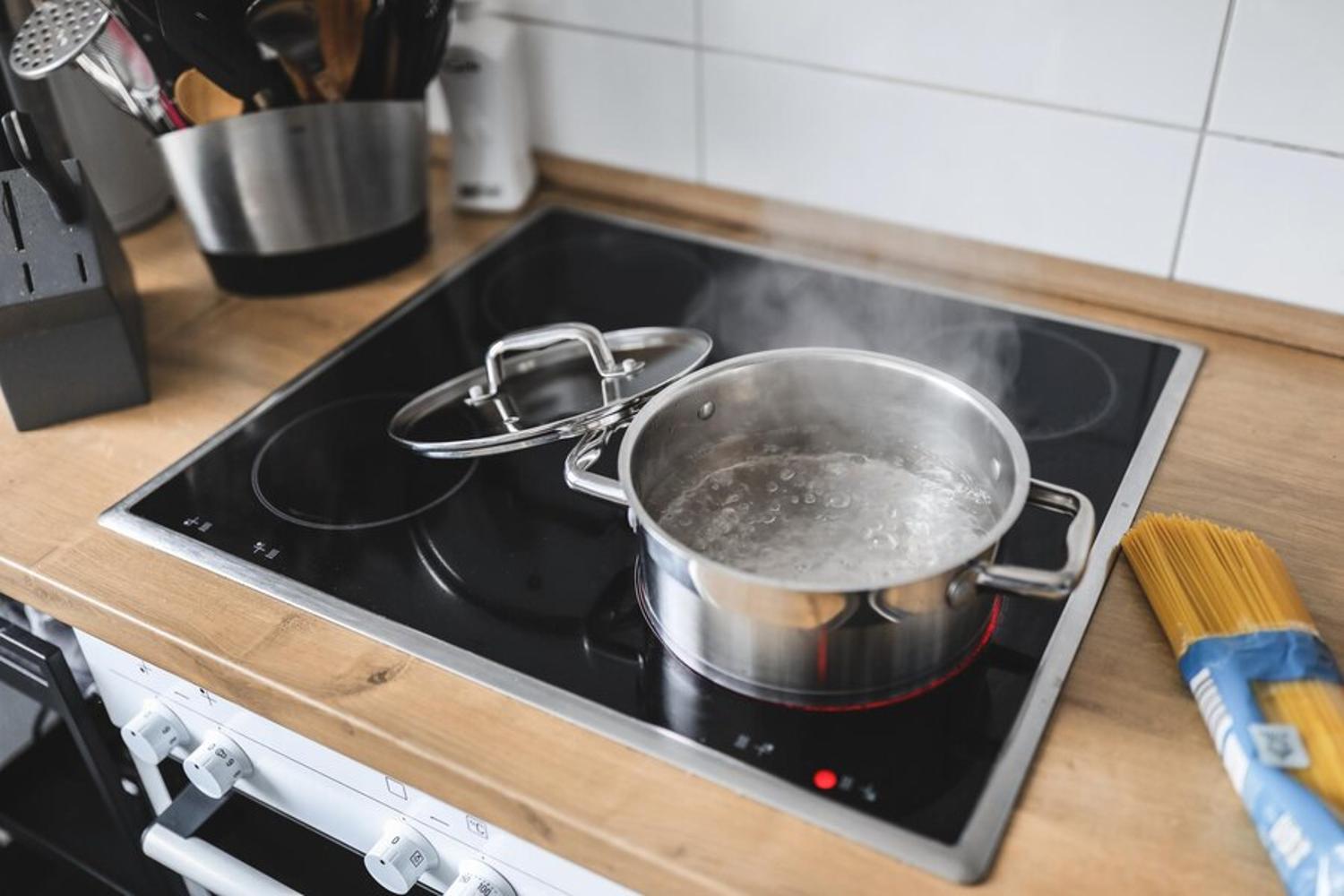
The bottom line is that gas stoves create long-term exposure to nitrogen oxide pollution, which is toxic to all people but especially dangerous for the elderly, children, and pregnant women.
People should understand this reality and the fact that electric stoves are far safer in order to best protect their families from unnecessary illness and even premature death.








































